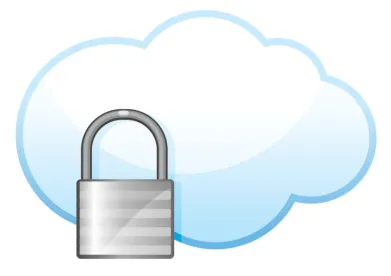In an effort to improve international privacy rights, the United Nations Human Rights Council yesterday established a special rapporteur on the right to privacy. Special rapporteurs are expert individuals appointed with specific mandates to investigate, monitor, and report on particular human rights concerns that range from access to water to extrajudicial killings. Yesterday’s Resolution on the Right to Privacy in the Digital Age therefore would elevate privacy to a human rights issue, a step met with great approval from privacy advocates such as the Electronic Frontier Foundation and the Center for Democracy and Technology, who respectively praised the initiative as “giv[ing] the right to privacy the international recognition and protection it deserves” and “strongly reaffirm[ing] that privacy is a core part of human freedom.”
Brazil and Germany introduced the resolution, which states in part a deep concern “at the negative impact that surveillance and/or interception of communications, including extraterritorial surveillance and/or interception of communications, as well as the collection of personal data, in particular when carried out on a mass scale, may have on the exercise and enjoyment of human rights.” The United States, speaking in an explanation of the vote, said that, “The establishment of a mandate on privacy rights came at a crucial time,” and further, “The term digital age was not limited to any particular technology nor did it limit the work of the Special Rapporteur to technology-based infringements on privacy rights.”
The special rapporteur will serve for a period of three years and makes annual presentations to the General Assembly committee.



 />i
/>i

